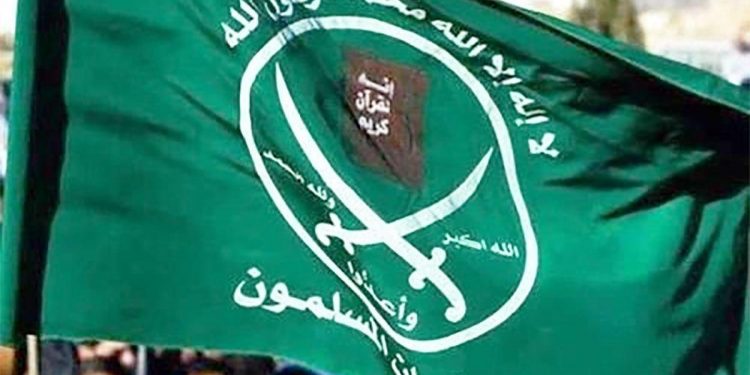
While transnational networks have played a crucial role in the organization of Muslim life in European countries, that role is being eclipsed by more local networks. Muslims have developed their own thought and activities in close correspondence with contextual and local needs as they encounter more critical attitudes from European states and public opinion in regard to foreign political influences. This more critical environment has had an inhibiting effect on transnational connections and favored the local shaping of Muslim life, write Hansjörg Schmid, Noemi Trucco and Federico Biasca in a new report published in March by the Swiss Center for Islam and Society (University of Fribourg). The report focuses on transnational networks with an Arabic-speaking background, which are often at the center of concerns about transnational ties or radical trends.
The stronger role of the local relative to the global seems to be a trend across these networks. In Switzerland, transnational networks have not succeeded in federating a broader spectrum of Muslim groups. The organization of regional Muslim associations has allowed Muslims there to develop their own local structures and umbrella associations focused on building constructive relationships within Swiss society. Muslim communities in Switzerland are also influenced by local debates on religion, and more than 35 percent of Muslims living in Switzerland now hold Swiss citizenship. Prof. Schmid also remarks that younger, second- or third-generation Muslims brought up in Switzerland and less susceptible to foreign influences have been taking over key positions in mosques for more than a decade (Neue Zürcher Zeitung, March 31).
The study is focused on four transnational networks: the Muslim Brotherhood, the Association of Islamic Charitable Projects, also known as Al-Ahbash, the Tablighi Jamaat, and the Wahhabiyyah. They do not share the same goals and agenda—indeed, Al-Ahbash and the Wahhabiyyah are at odds. Despite Saudi support for the largest mosque in Geneva, it has not succeeded in influencing the whole Muslim scene in the country, despite initial Saudi hopes. The report concludes that “it is not helpful to categorize certain phenomena under general terms such as ‘Islamism’ or ‘political Islam,’ which do not do justice to the complexity and dynamics of both transnational networks and local cases.”
(The report can be downloaded from: https://folia.unifr.ch/unifr/documents/313356)
 Flag of the Muslim Brotherhood (source: European Eye on Radicalization – EER).
Flag of the Muslim Brotherhood (source: European Eye on Radicalization – EER).